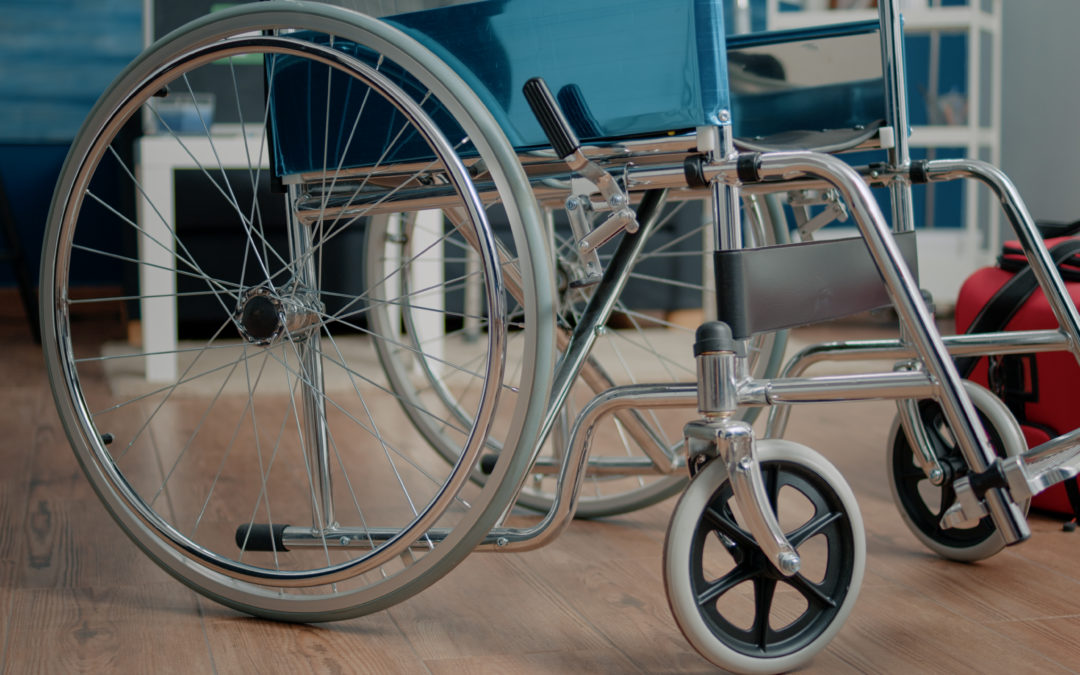Phase 3 CMS Guidance to Target Nursing Home Infection Control, Abuse Allegations, and Inappropriate Antipsychotic Use:
The forthcoming CMS guidance will also address nursing home arbitration agreements, involuntary discharges, and the implementation of quality and performance improvement plans.
The long-awaited Phase 3 of the Centers for Medicare & Medicaid Services’ (CMS) new Requirements of Participation (ROP) is imminent, McKnights reports, and nursing home operators can expect dictates on a range of provisions. On hold since 2019, the latest guidance should be expected to arrive “very, very soon,” according to CMS nursing home division director Evan Shulman, and will address matters related to nursing home infection control, nursing home quality and performance management, reporting nursing home abuse, and more.
Phase 1 of the Requirements of Participation, which establish prerequisites for receiving federal reimbursements, was implemented in 2016, with Phase 2 rolling out in 2016. Phase 3 has been on hold since 2019, pending CMS’s final release of updated guidance. According to McKnights, the new Phase 3 CMS guidance for nursing home operators will dictate actions concerning the following:
- Nursing Home Infection Control—Aiming to control the occurrence and spread of nursing home infections, Phase 3 will require facilities to implement an infection control program. Nursing homes are expected to already have an infection preventionist in place within their facility. The new guidance will equip the nursing home infection preventionist with the tools to put the infection control program into action.
- Quality Assurance and Performance Improvement (QAPI)—Intended to boost safety and quality of within nursing homes, QAPI plans were expected to have been developed by providers under Phase 2. Phase 3 will call for the implementation of QAPI programs that seek to decrease the occurrence of problems that amount to nursing home abuse and neglect.
- Reporting Nursing Home Abuse—Having received a number of requests from the public for ways to identify and report nursing home abuse, CMS will respond in its Phase 3 guidance with specific direction regarding how people should report, and how states should investigate, nursing home abuse.
- Inappropriate Use of Antipsychotics in Dementia Care—Shulman indicated an uptick during the pandemic of inappropriate schizophrenia diagnoses in nursing home residents with dementia, and the subsequent prescription of antipsychotics. In its Phase 3 guidance CMS looks to combat the proclivity of nursing homes to prescribe dangerous antipsychotics in order to make dementia patients easier to control.
- Nursing Home Arbitration Agreements—Phase 3 will address the controversial issue of arbitration agreements, which make resolving nursing home abuse and neglect complaints easier and less costly for nursing homes while limiting the kinds of damages victims can receive. According to Shulman, under Phase 3 nursing homes will not be permitted to offer arbitration agreements as a condition of admission or as a condition to receive care.
- Involuntary Nursing Home Discharges—Shulman named involuntary nursing home discharges as the top complaint made by state ombudsmen. Both federal and state laws exist to protect elderly residents from involuntary nursing home discharges. In its Phase 3 guidance CMS will outline requirements related to discharges that nursing homes must follow in order to remain compliant.
Holding Nursing Homes Accountable
The Philadelphia/PA or NJ nursing home where your loved one lives is legally required to offer the utmost in quality and safety for its residents. This means that Pennsylvania and New Jersey nursing homes must adhere to health and safety standards and ensure the physical, mental, and psycho/social well-being of their residents. Should you have concerns about the quality of care in a Pennsylvania or New Jersey nursing home, or if you suspect neglect, abuse, or fraud has occurred at the Pennsylvania, Philadelphia, or New Jersey nursing home where your loved one lives, please contact nursing home abuse attorney Brian P. Murphy to discover your legal rights and options.







